Best movies like Mao Zedong 1949
A unique, carefully handpicked, selection of the best movies like Mao Zedong 1949 Starring Tang Guoqiang, Liu Jin, Johnny Huang, Wang Likun, and more. If you liked Mao Zedong 1949 then you may also like: Yangtse Incident: The Story of H.M.S. Amethyst, A Yank Comes Back, Which Is Witch, The Rape of Europa, The Red Menace and many more popular movies featured on this list. You can further filter the list even more or get a random selection from the list of similar movies, to make your selection even easier.
The film is set in 1949, as the members of the Central Committee of the Communist Party of China prepare to establish a new Chinese state, the People's Republic of China.
Mao Zedong 1949
You may filter the list of movies on this page for a more refined, personalized selection of movies.
Still not sure what to watch click the recommend buttun below to get a movie recommendation selected from all the movies on this list
A Yank Comes Back
In a follow up to 'A Welcome to Britain', Burgess Meredith returns to look at a post-war Britain.
Which Is Witch
Dr. I.C. Spots is an African witch doctor about to prepare a potion which needs as one of its ingredient a rabbit.
The Rape of Europa
World War II was not just the most destructive conflict in humanity, it was also the greatest theft in history: lives, families, communities, property, culture and heritage were all stolen. The story of Nazi Germany's plundering of Europe's great works of art during World War II and Allied efforts to minimize the damage.
The Red Menace
A couple try to leave the Communist party after a murder by the group they were once loyal to.
The Rising Tide
This film shows the growth of cooperatives in the Maritime provinces and how they brought new life and hope to poverty-stricken fishermen. The Rising Tide is a 1949 Canadian short documentary film directed by Jean Palardy. It was nominated for an Academy Award for Best Documentary Short.
Roller Derby Girl
Roller Derby Girl is 1949 short documentary directed by Justin Herman about how mid-twentieth century women made advances and careers in roller derby. The film was nominated for an Oscar for Best Short Subject, One-Reel.
Kenji Comes Home
Kenji Comes Home is a 1949 documentary film produced by Paul F. Heard. Written and directed by Charles F. Schwep, it was filmed on location in Japan and employed native actors. The film is the story of Kenji, a repatriated prisoner of war in Japan, and his difficulties in settling down. He is torn between the glowing promises of communism and ideals of his girlfriend Aki's Christian religion. The film was nominated for an Academy Award for Best Documentary Feature.
Big Jim McLain
House Un-American Activities Committee investigators Jim McLain and Mal Baxter come to post war Hawaii to track Communist Party activities even though belonging to the party was legal at the time. They are interested in everything from insurance fraud to the sabotage of a U.S. naval vessel.
The Bridge
Factory workers in 1947 repair a bridge over Song Hua River so that Communist forces can use it.
The East Is Red
Pre-Cultural Revolution propaganda at its most lavish, this model opera depicts the history and evolution of the Communist Party of China under Mao Zedong from its founding in July 1921 to the establishment of "New China" in 1949. Detailed in the musical are several key events in CPC history such as the Northern Expedition, the KMT-led Shanghai massacre of 1927, the Nanchang Uprising and formation of the People's Liberation Army, the Long March and the founding of the PRC on October 1, 1949.
Mao's Last Dancer
At the age of 11, Li was plucked from a poor Chinese village by Madame Mao's cultural delegates and taken to Beijing to study ballet. In 1979, during a cultural exchange to Texas, he fell in love with an American woman. Two years later, he managed to defect and went on to perform as a principal dancer for the Houston Ballet and as a principal artist with the Australian Ballet.
Soldier of Fortune
An American woman arrives in Hong Kong to unravel the mystery of her missing photographer husband. After getting nowhere with the authorities, she is led by some underground characters to an American soldier of fortune working in the area against the Communists. He promises to help find her husband.
The Iron Curtain
The Iron Curtain is based on the actual 1945 case of Soviet cipher clerk Igor Gouzenko, (Dana Andrews), who, after careful training, was assigned to the U.S.S.R. Embassy in Ottawa, Canada in the midst of World War II. Eventually, Gouzenko defected with 109 pages of material implicating several high level Canadian officials, outlined the steps taken to secure information about the the details of the nuclear bomb via numerous sleeper cells established throughout North America. The scandal that resulted when details of this case were publicized by American columnist Drew Pearson in early 1946 involved Canada, Britain and the United States.
The Hundred Regiments Offensive
The Japanese has invaded far into china, defeating the Kuomintang (KMT) soldiers many times and pushing them back into Central China. There was a general sentiment among anti-Japanese resistance forces that the Communist Party of China (CCP) was not contributing enough to the war, and that they were only interested in expanding their power. As a result, the CCP planned a major offensive against the Japanese, consisting of 105 regiments, called the Hundred Regiments Offensive.
The Children of Huang Shi
About young British journalist, George Hogg, who with the assistance of a courageous Australian nurse, saves a group of orphaned children during the Japanese occupation of China in 1937.
Goodbye America
It is November 1992 and the US Navy is preparing to surrender its largest overseas facility at Subic Bay, Philippines, after almost a century. For both countries, and for the navy, it is a time of change. Violence erupts shortly after the U.S. Navy announces plans to withdraw from a Philippine base in 1992.
The Founding of an Army
The Founding of an Army is a 2017 Chinese film commissioned by China's government to commemorate the 90th anniversary of the founding of the People's Liberation Army.
The Vinland Club
1949. Brother Jean, a progressive teacher and passionate amateur archaeologist, plans to conduct excavations with his students in order to prove the presence of a Viking settlement along the shores of the St-Lawrence River.
Lei Feng
Lei Feng (December 18, 1940 – August 15, 1962) was a soldier of the People's Liberation Army in the People's Republic of China. After his death, Lei was characterised as a selfless and modest person who was devoted to the Communist Party, Chairman Mao Zedong, and the people of China. In the posthumous "Learn from Comrade Lei Feng" campaign, initiated by Mao in 1963, Lei became the symbol of nationwide propaganda; the youth of the country were encouraged to follow his example. After Mao's death, Lei Feng remained a cultural icon symbolizing selflessness, modesty, and dedication; his name entered daily speech and his imagery appeared on t-shirts and memorabilia.
Morning Sun
The film Morning Sun attempts in the space of a two-hour documentary film to create an inner history of the Great Proletarian Cultural Revolution (c.1964-1976). It provides a multi-perspective view of a tumultuous period as seen through the eyes—and reflected in the hearts and minds—of members of the high-school generation that was born around the time of the founding of the People’s Republic of China in 1949, and that came of age in the 1960s. Others join them in creating in the film’s conversation about the period and the psycho-emotional topography of high-Maoist China, as well as the enduring legacy of that period.
The Founding of a Republic
The tale of one man who fought against the tyranny of a ruler and led his people in battle in the ultimate sacrifice for his country.
Beginning of the Great Revival
A chronicle of the events that led to the founding of the Chinese Communist Party.
Liberation
Based on real life events, the film is set in January 1949 and focuses around a group of soldiers involved in the final stages of the Battle of Pingjin
The Palace
In Qing Dynasty, Chen Xiang and Liuli became maids and friends in the imperial palace. Liuli wanted to be famous whereas Chen Xiang just wanted to live a normal life. Liuli attempted to change her life by knowing the prince, even at the cost of betraying Chen Xiang.
The Birth of New China
In the spring and summer of 1949, the People's Liberation Army launched an offensive under the orders of Mao Zedong and Zhu De, they crossed the Yangtze River and Nanjing was liberated on April 23 which signaled the fall of the KMT regime, Chiang Kai-Shek fled to Taiwan; on October 1, 1949, Mao Zedong standing on the rostrum of Tiananmen, solemnly declared the foundation of the People's Republic of China.
The Great Military March Forward:Engulf the Southwest
In the later stage of the Liberation War, with the victory of the three major battles over, the Central Committee of the Communist Party of China and Chairman Mao Zedong made strategic decisions, ordering Liu Bocheng (played by Fu Xuecheng) and Deng Xiaoping (played by Lu Qi) to lead a group of the Second Field and Fourth Field to advance towards Hunan, Hubei, Guizhou, and Sichuan, and annihilate the remaining enemies in the southwest. On his way south, Deng Xiaoping asked railway experts he met about the construction of the Chengdu Chongqing Railway and gave political education classes to the troops heading south in a timely manner, implementing Chairman Mao's great teachings of "carrying out the revolution to the end"...
Where the Wind Settles
Three men and an adopted son struggle in Taiwan after escaping China in 1949.
The Volunteers: To the War
In the early days of the founding of the People's Republic of China in 1949, New China was faced with "internal and external troubles". Since the outbreak of the Korean Civil War, the U.S. military has repeatedly provoked the border between China and North Korea, and civilians have been brutally bombed. In order to maintain the hard-won peace and long-term stability for generations, in October 1950, the Chinese People's Volunteers entered North Korea, and the "Resist US Aid Korea" war kicked off.
Seeing Red: Stories of American Communists
A unique documentary that looks at the political activities of the American Communist Party in the early to mid-twentieth century.
Hollywood on Trial
A detailed look at the events leading up to the blacklisting of Hollywood writers and artists. In October 1947 nineteen Hollywood personalities were subpoenaed by the House Committee on Un-American Activities to testify about their knowledge or possible involvement in the American Communist Party. The first ten to be called refused to cooperate, claiming their first amendment rights, were cited for contempt of Congress and sent to prison. They became known as the "Hollywood Ten" and this is their story.

























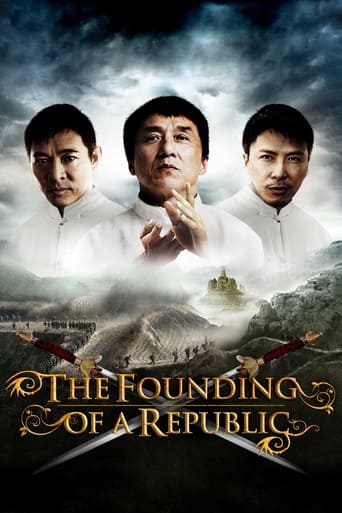







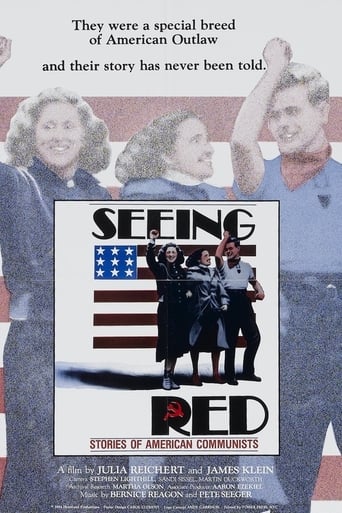
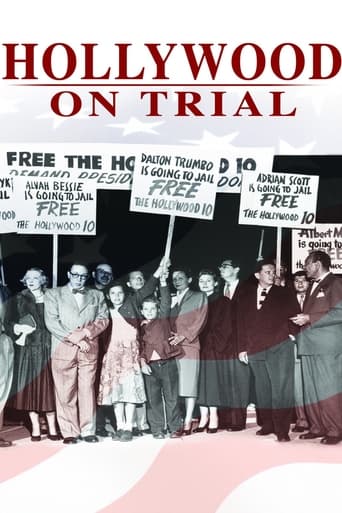

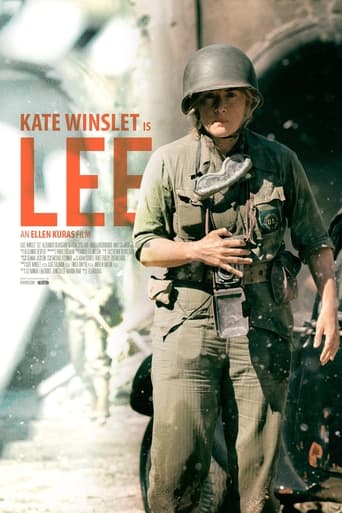
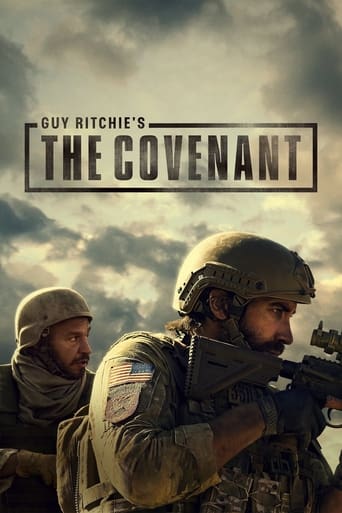
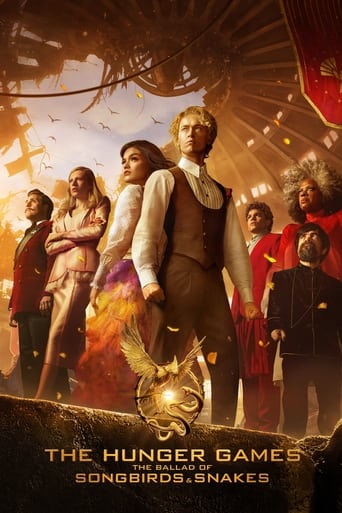
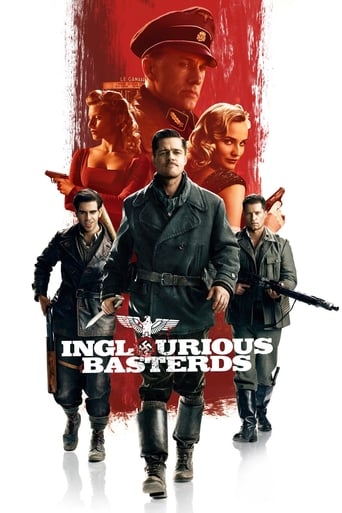

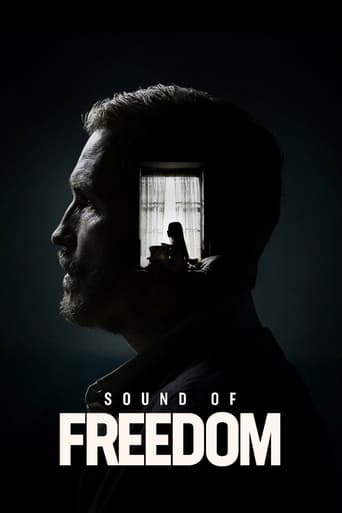

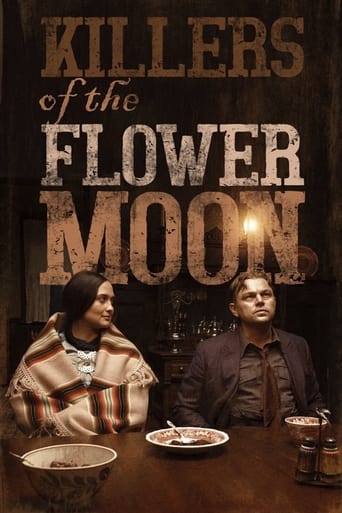


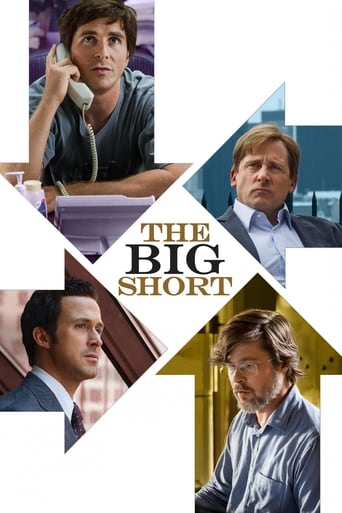
Yangtse Incident: The Story of H.M.S. Amethyst
While sailing lawfully up the Yangste in 1949, the British warship Amethyst found its return to the open sea blocked by Communist Chinese shore batteries that unexpectedly opened fire. In charge, Lietenant Commander Kerans was not however prepared for his crew and his ship to remain as a hostage for the Chinese to use as an international pawn.